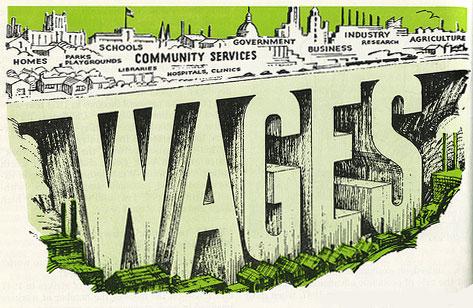Human
Resource Management always has been a subject of Continuous Research due to its
nature of human aspect involvement. It is a subject which involves many
disciplines like, sociology, psychology, anthropology, Laws, quantitative
techniques, socio psychology and other research subjects. Each subject requires
one expert skill to execute related task effectively, one HR practitioner might
have his interest or academic background or professional experience in one
particular field of study and other in another. These kind of educational,
technical, professional variances forced scholars and researchers to divide
Human Resource Management in specific functional parts (i.e. HR Sourcing,
Training, Compensation and reward management, Learning and knowledge management)
so that professional performance level of practitioner as well as stream may be
enhanced however these changes in HRM made it more valuable, Interesting and
involving.
Labor Laws as
contributing discipline to Human Resource Management: The beginning of HR is seen after
World War I when treaty of Versilles (1919) resulted in establishment of ILO,
India has been a founded member of ILO, at present ILO is having 175 countries
as its member. The growth of ILO Is resulted in development of labor Laws.
Several countries laid down rules, regulation and law relegated to Labour and
then It was the starting of Law as an important contributing discipline to HRM.
Psychology and Other
discipline:
Researchers
have been doing their experiment on psychological aspect of Human Resource as
it is very difficult to understand and varies from Time to time, Country to
County, Community to Community, Gender to Gender, Individual to individual.
Psychologist,
Scientists, Professional had given their different-2 conclusions for the same.
Among them name of Heney Fyol, Elton Mayo, Max Webber, F.W. Tyalor has been
primary.
These
all field contributing to HR are very complex and needs specific skills to
execute. The mutation of HR in to specialized functions has beneficiate at
following level.
1. Professional Level
2. Social level
3. Industry Level
4. Corporate level
It
has also increased Time effectiveness, Work effectiveness and giving desirable
results from each aspect of HRM.
Now
Individual can choose his specialized area on the basis of his academic
background, interest, functional knowledge as career. That will lead towards
greater satisfaction with Job and enhance individual’s capability to perform as
expected.




0 Comments